Wild Thyme Tea
$3.75 – $33.00
Benefits of Go Green Armenia’s wild thyme tea:
‣ Anti-fungal
‣ Fights indigestion and gas
‣ Treats bronchitis and cough
‣ Lowers blood pressure and cholesterol
‣ Keeps the brain from aging
Thyme has been known since ancient times for its magical, culinary, and medicinal virtues. Tradition held that an infusion of thyme taken as a tea on midsummer’s eve would enable one to see the fairies dancing. Young women wore a corsage of blossoming thyme to signal their availability for romance. The generic name may have been inspired by one of thyme’s traditional attributes. Greek folk herbalists believed that thyme would impart courage (thumus in Greek) to those who used the herb, particularly soldiers. Greek men particularly liked the pungent scent of thyme and would rub the herb on their chests. The Romans believed that adding thyme to bath water would impart energy. They also included thyme in bedding to chase melancholy and to prevent nightmares.
The strong scent of thyme was employed as a moth repellent, and burned as fumigating incense. The philosopher-herbalist Pliny the Elder recommended burning the dried herb in the house to “put to flight all venomous creatures.” In the kitchen thyme has been used for centuries to season sauces, soups, stuffing, and soups. Thyme has long been recognized for its antiseptic properties. The Egyptians used the herb in formulas for embalming the dead. The herb was among those burned in sickrooms to help stop the spread of disease. Oil of thyme was used on surgical dressings and in times of war as recently as World War I, to treat battle wounds.
Benefits of Go Green Armenia’s wild thyme tea:
‣ Anti-fungal
‣ Fights indigestion and gas
‣ Treats bronchitis and cough
‣ Lowers blood pressure and cholesterol
‣ Keeps the brain from aging
Thyme has been known since ancient times for its magical, culinary, and medicinal virtues. Tradition held that an infusion of thyme taken as a tea on midsummer’s eve would enable one to see the fairies dancing. Young women wore a corsage of blossoming thyme to signal their availability for romance. The generic name may have been inspired by one of thyme’s traditional attributes. Greek folk herbalists believed that thyme would impart courage (thumus in Greek) to those who used the herb, particularly soldiers. Greek men particularly liked the pungent scent of thyme and would rub the herb on their chests. The Romans believed that adding thyme to bath water would impart energy. They also included thyme in bedding to chase melancholy and to prevent nightmares.
The strong scent of thyme was employed as a moth repellent, and burned as fumigating incense. The philosopher-herbalist Pliny the Elder recommended burning the dried herb in the house to “put to flight all venomous creatures.” In the kitchen thyme has been used for centuries to season sauces, soups, stuffing, and soups. Thyme has long been recognized for its antiseptic properties. The Egyptians used the herb in formulas for embalming the dead. The herb was among those burned in sickrooms to help stop the spread of disease. Oil of thyme was used on surgical dressings and in times of war as recently as World War I, to treat battle wounds.
Shipping Countries: Armenia
Ready to ship in 1-3 business days
Additional information
| Weight | 0.025 kg |
|---|---|
| Dimensions | 10 × 3 × 20 cm |
| Select weight | 25 grams, 500 grams, 1000 grams |
-
-
$100.00Quick View
-
-
-
-

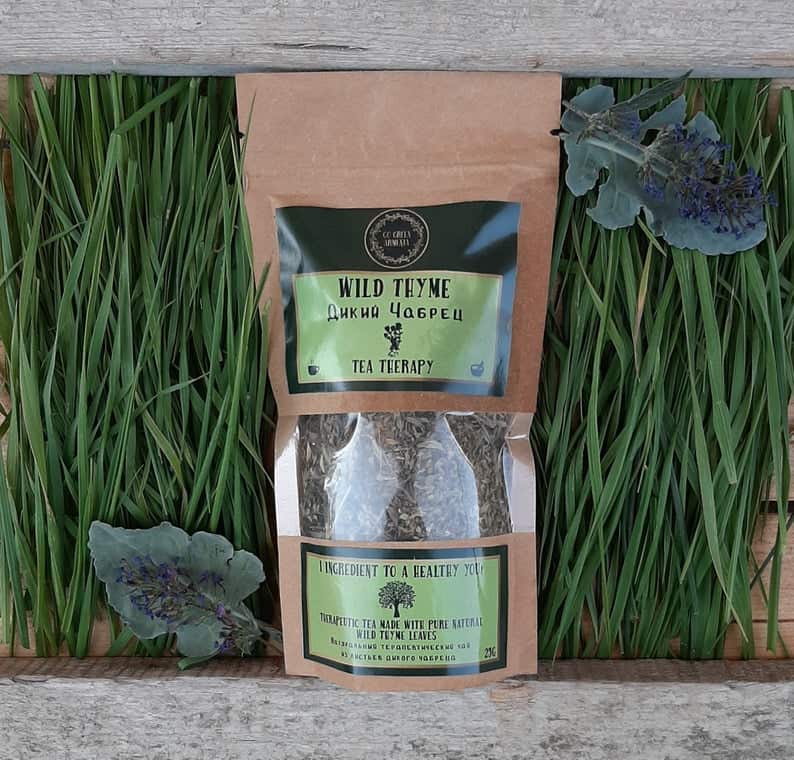
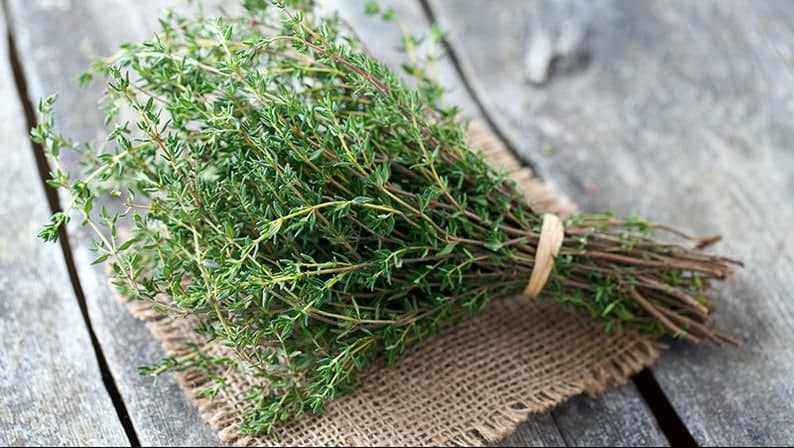

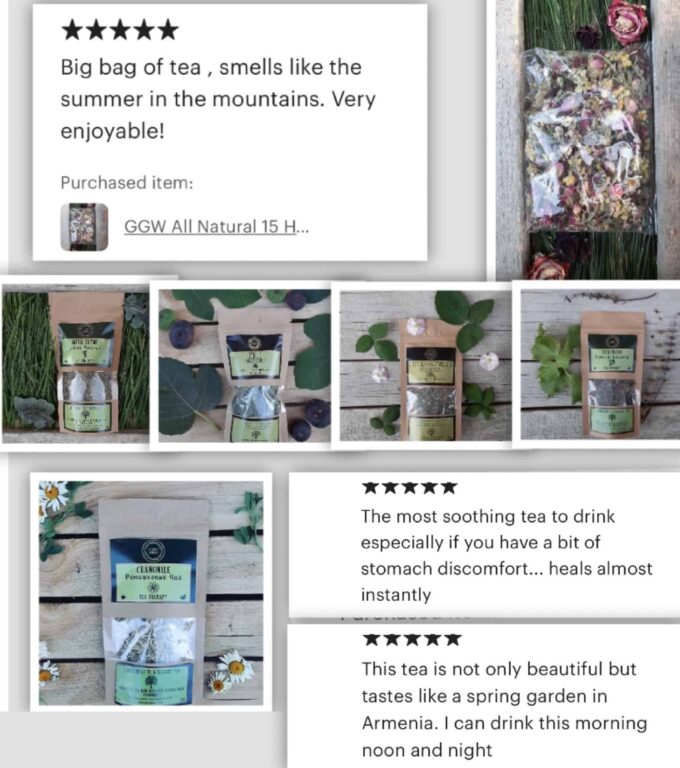
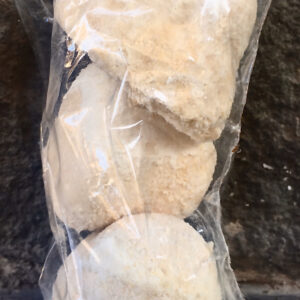
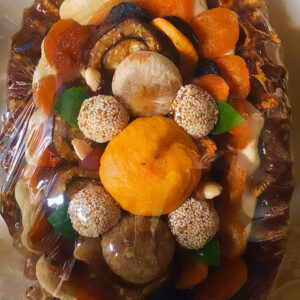
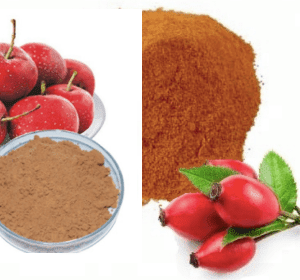



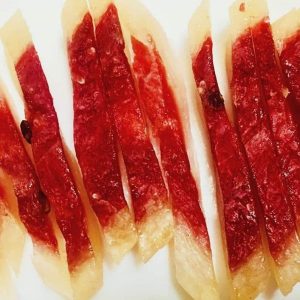


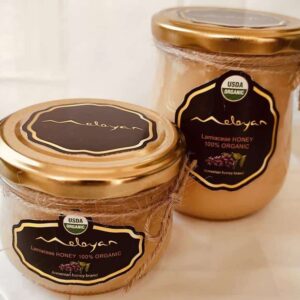





Reviews
There are no reviews yet.